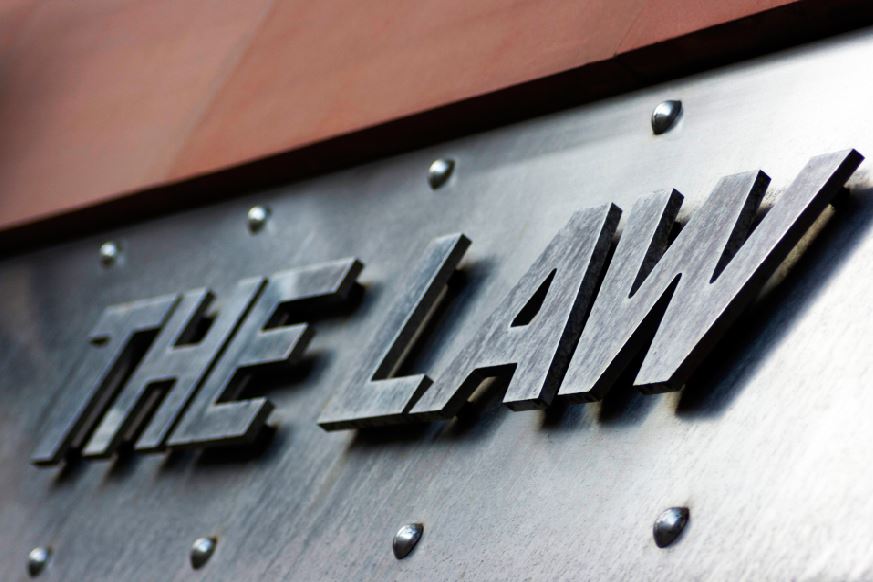Dissolving Business Entities Live Webinar
- When: Jan 30, 2020
- Where: Webinar
On January 30, 2020, Weintraub attorney Justin Borrowdale presented Dissolving Business Entities provided by Lorman.
Summary:
Gain a better understanding of dissolving and winding up a business entity. Whether through the decision of the owners or outside forces, business ventures coming to an end can impose liability and tax implications on managers and equity owners. This topic will explain the process and implications of dissolving and winding up corporations, LLCs, and other types of entities. We will place particular emphasis on California and Delaware, though much of the material will be relevant to all states.
Learning Objectives:
- You will be able to define the obstacles and goals of your dissolution process when initially forming a company.
- You will be able to describe the process for dissolving corporations, LLCs, and other entities, with particular emphasis on California and Delaware entities.
- You will be able to explain to your clients and partners at the outset of a dissolution the proper process and alternatives and consequences they can expect.
- You will be able to identify common pitfalls in the dissolution process.


